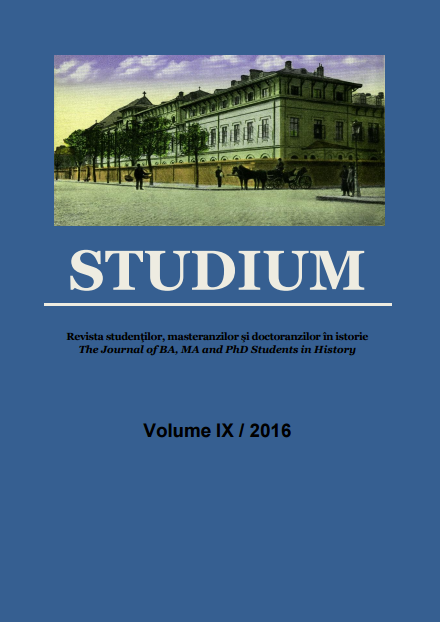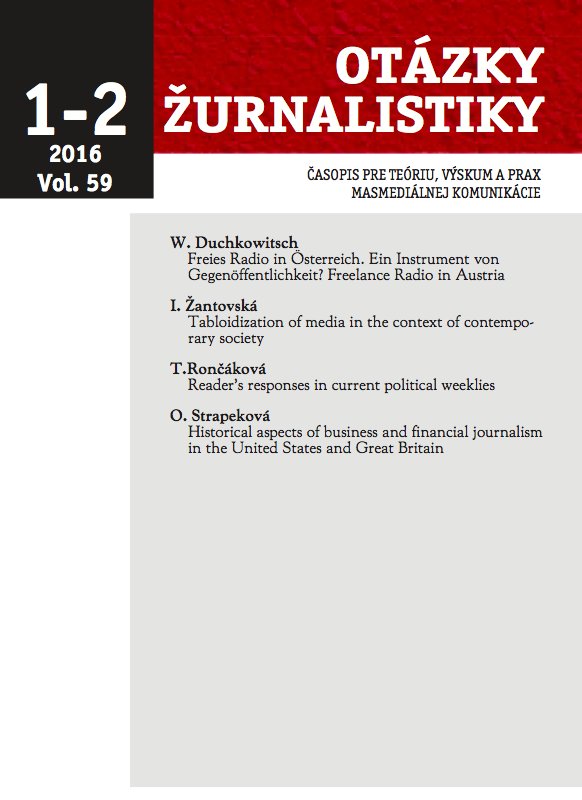
The magnitude of the socialist movement in Romania until the outbreak of the First World War
Amploarea mişcării socialiste în România până la izbucnirea Primului Război Mondial
Keywords: P.S.D.M.R; labor movement; socialist movement; legitimacy; working class representation
This article seeks to establish the magnitude of social and labor movements in Romania. Starting from small local movements of large industrial centers of the country, the socialist movement will evolve gradually. Thus, there will be associations, workers' socialist circles, house help or socialist clubs that will open the road to socialist legimitate and representation. Following the work of prominent socialists as C-tin Dobrogeanu-Gherea, Ioan Nădejde or Vasile Gh. Morţun appears legitimate and representative party for socialist romanian movement-Socialist Democratic Workers Party Romanian-P.S.D.M.R. It will come into being in March 1893 and it has occurred a necessity of the working class. Eager legitimacy and representation at the higher levels of the working class will be found in the work of the new party set up. Small victories leading to workers' right of representation have been registered with the election of the first two socialist deputies in Parliament: Vasile Gh. Morţun, in Roman, and Ioan Nădejde, in Iasi. The socialist movement has had media outlets through which to inform and educate the working class. I mention the newspapers: "Contemporarul" – 1881, Iaşi, "Revista socială" – 1884, Iaşi, "Dacia viitoare" – 1883, Paris, Brussels, "România muncitoare", "Munca", etc. The socialist movement included all areas of industrial development of the Old Kingdom: Bucharest, Iaşi, Ploieşti, Galaţi, Brăila, Craiova etc. There will be a move as hard and abroad in cities like Timişoara, Arad, Braşov, Cluj.
More...
